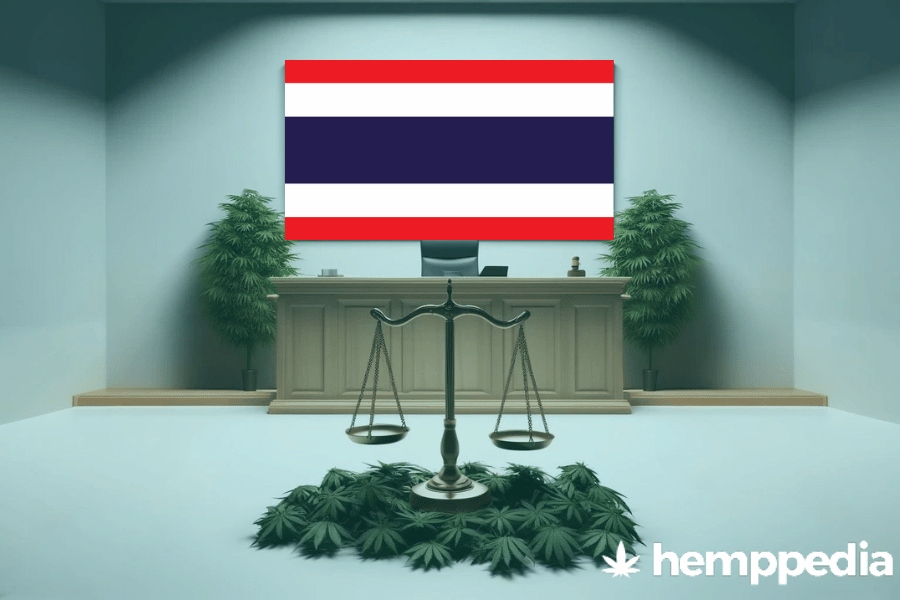TL;DR
The legal landscape of cannabis in Thailand has experienced significant shifts, making it a unique case in Asia. Initially moving towards liberalization, recent regulations have tightened, particularly for recreational use. Below is a quick reference table:
| Recreational Use | Medical Use | |
|---|---|---|
| THC | Restricted | Permitted with conditions |
| CBD | Legal | Legal |
Introduction
Cannabis legislation is a dynamic and often contentious topic globally, with Thailand presenting an intriguing case study. The nation’s recent flip-flops in cannabis policy reflect broader global trends toward either liberalization or increased regulation.
Overview of Cannabis Legislation
Understanding the following terms is crucial for grasping the nuances of cannabis laws:
- Legalization: Making the use, sale, and distribution of cannabis legal under law.
- Decriminalization: Reduction or elimination of criminal penalties associated with cannabis use, usually focusing on possession of small amounts.
- Medical Use: Use of cannabis products as prescribed by a healthcare provider for medical treatment.
- Recreational Use: Use of cannabis for personal enjoyment rather than for health purposes.
State-Specific Legal Details
Legal Status
As of the latest updates, Thailand has legalized cannabis for medical use, but recreational use remains under stringent regulations, with recent laws imposing more controls to curb public smoking and unauthorized sales.
Historical Context
Cannabis in Thailand has transitioned from a traditional medicine to a banned substance, and more recently, to a medically accepted drug under controlled conditions. This shift reflects changing perceptions towards cannabis globally.
Possession and Use
While medical cannabis is legal, recreational possession remains limited to small amounts for personal use, with varying penalties depending on the quantity. Public consumption laws are strictly enforced.
Cultivation and Distribution
Cultivation of cannabis in Thailand is permitted for medical and research purposes under government licenses. Recreational cultivation remains illegal. Medical cannabis is distributed through government-approved hospitals and clinics.
Enforcement and Penalties
Violations of cannabis laws, particularly for unauthorized sale or large-scale cultivation, can result in severe penalties including imprisonment. However, enforcement is often focused on preventing public nuisance and unauthorized commercial activities.
Medical Cannabis
Conditions for prescribing medical cannabis in Thailand include severe pain, chemotherapy-induced nausea, epilepsy, and multiple sclerosis among others. Patients and providers must be registered with the government.
Social and Economic Impact
Legalization of medical cannabis has purported benefits such as reduced criminal justice costs and increased control over quality and safety. However, the social impact of fluctuating policies on public perception and usage habits requires further study.
Comparative Analysis
Comparing Thailand’s cannabis policies with those of countries like Canada or Uruguay, which have legalized recreational use, shows significant differences in approach and regulatory frameworks, highlighting the complex interplay between cultural, legal, and social factors.
Future Outlook and Ongoing Debates
Debates continue in Thailand regarding the balance between public health, criminal justice, and economic benefits of cannabis. Future legislation may shift towards more liberal policies or could tighten further depending on public and governmental sentiment.
Conclusion
The legal situation of cannabis in Thailand is characterized by its transitional nature, reflecting broader global shifts and the complex debates surrounding cannabis use. The direction of future cannabis policies in Thailand remains uncertain, influenced by both national and international trends.





